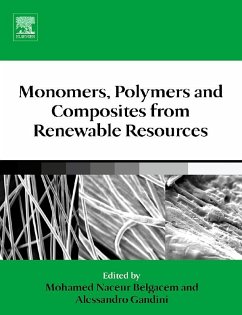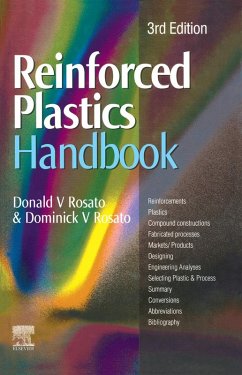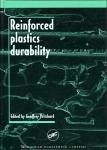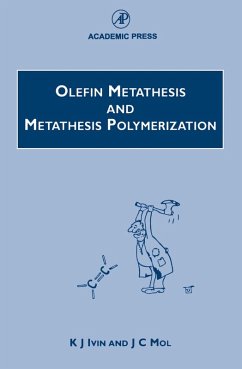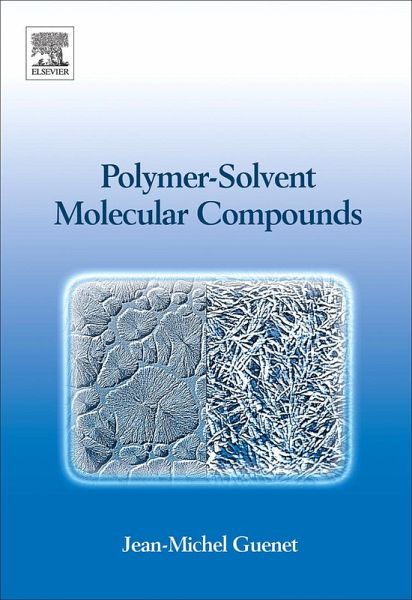
Polymer-Solvent Molecular Compounds (eBook, PDF)
Versandkostenfrei!
Sofort per Download lieferbar
100,95 €
inkl. MwSt.
Weitere Ausgaben:

PAYBACK Punkte
50 °P sammeln!
Crystallisable polymers represent a large share of the polymers used for manufacturing a wide variety of objects, and consequently have received continuous attention from scientists these past 60 years. Molecular compounds from crystallisable polymers, particularly from synthetic polymers, are receiving growing interest due to their potential application in the making of new materials such as multiporous membranes capable of capturing large particles as well as small pollutant molecules. Polymer-Solvent Molecular Compounds gives a detailed description of these promising systems. The first chap...
Crystallisable polymers represent a large share of the polymers used for manufacturing a wide variety of objects, and consequently have received continuous attention from scientists these past 60 years. Molecular compounds from crystallisable polymers, particularly from synthetic polymers, are receiving growing interest due to their potential application in the making of new materials such as multiporous membranes capable of capturing large particles as well as small pollutant molecules. Polymer-Solvent Molecular Compounds gives a detailed description of these promising systems. The first chapter is devoted to the presentation of important investigational techniques and some theoretical approaches. The second chapter is devoted to biopolymers, the first polymers known to produce molecular compounds, chiefly with water. The third chapter deals with synthetic polymers where compound formation is either due to hydrogen-bonding or to electrostatic interactions. The fourth chapter describes intercalates and clathrates systems for which compound formation is mainly due to a molecular recognition process. - First book on the subject - Gives a short but exhaustive description of investigational tools - Covers both biopolymers and synthetic polymers - Uses temperature-concentration phase diagrams abundantly for describing the systems - Describes systems from the nano to the microscopic level, including mechanical properties
Dieser Download kann aus rechtlichen Gründen nur mit Rechnungsadresse in A, B, BG, CY, CZ, D, DK, EW, E, FIN, F, GR, HR, H, IRL, I, LT, L, LR, M, NL, PL, P, R, S, SLO, SK ausgeliefert werden.





